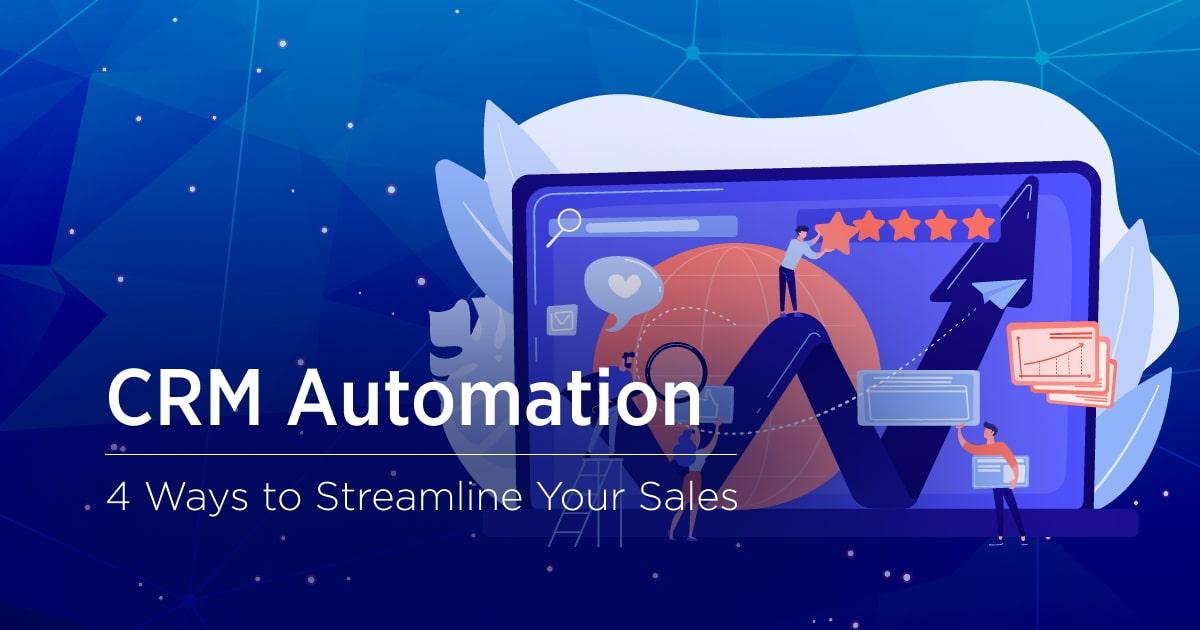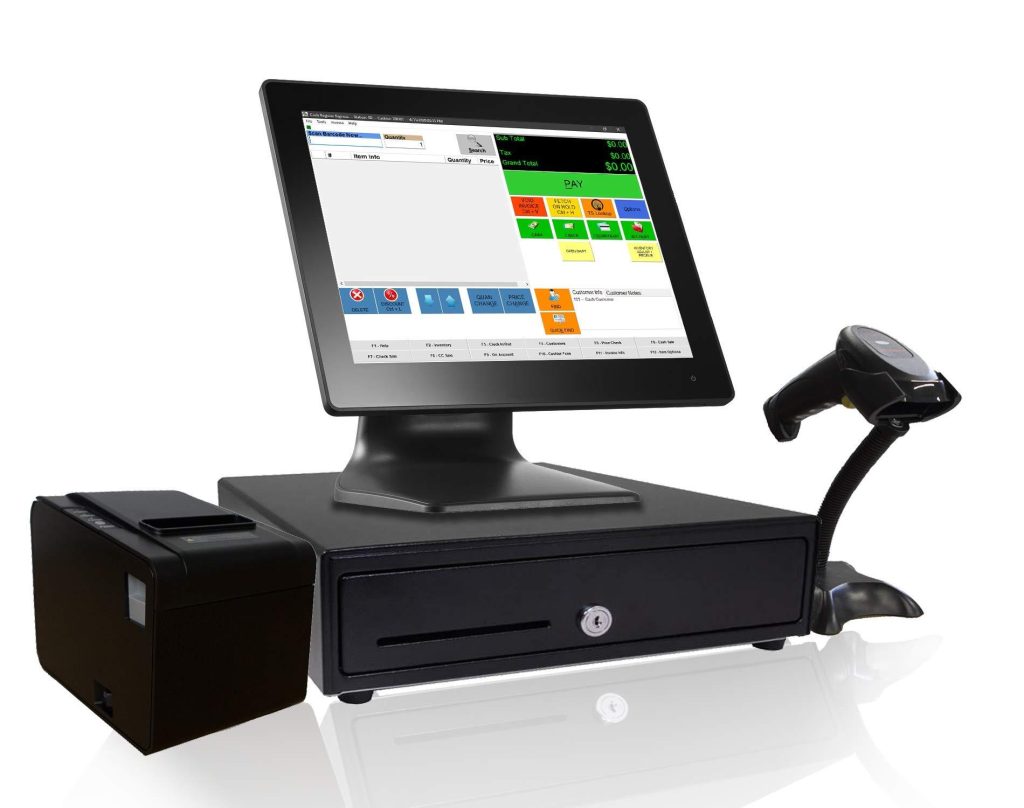
As a business owner, you understand the importance of having a smooth and efficient sales process. A reliable point of sale (POS) software is crucial in managing transactions, tracking inventory, and providing excellent customer service. With numerous options available in the market, choosing the best POS software for your business can be a daunting task. In this comprehensive guide, we will walk you through the process of selecting the ideal POS software that meets your business needs and helps you streamline your sales.
Benefits of Using POS Software
Implementing a POS software can bring numerous benefits to your business, including:
- Improved sales management: POS software helps you track sales, manage inventory, and analyze customer behavior, enabling you to make informed decisions.
- Enhanced customer experience: A user-kind POS system allows for faster checkout processes, reducing wait times and improving customer satisfaction.
- Increased efficiency: Automating tasks such as inventory management, reporting, and employee management saves time and reduces labor costs.
- Better inventory management: POS software helps you track stock levels, automate reordering, and minimize stockouts and overstocking.
- improved security: POS software provides advanced security features, such as encryption and access controls, to protect customer data and prevent fraud.
Key Features to Consider When choosing a POS Software
When selecting a POS software, it’s essential to consider the following key features:
| Feature | Description |
|---|---|
| Inventory Management | Ability to track stock levels, automate reordering, and manage product variants |
| Sales Reporting | Real-time sales data, customizable reports, and analytics to inform business decisions |
| Payment Processing | Integration with various payment gateways, including credit card processing and mobile payments |
| Customer Management | Ability to track customer data, loyalty programs, and personalized marketing |
| Employee Management | Tools for managing employee schedules, permissions, and performance tracking |
Types of POS Software
There are several types of POS software available, including:
- On-premise POS: Installed on a local computer or server, requiring manual updates and maintenance.
- Cloud-based POS: Hosted in the cloud, accessible from anywhere, and automatically updated.
- Mobile POS: Designed for mobile devices, ideal for businesses with multiple locations or pop-up events.
- Hybrid POS: combines on-premise and cloud-based features, offering versatility and scalability.
Practical Tips for Choosing the Best POS Software
To ensure you choose the right POS software for your business, follow these practical tips:
- define your business needs: identify your specific requirements and prioritize features accordingly.
- research and compare options: Evaluate different POS software vendors, read reviews, and ask for referrals.
- Consider scalability: Choose a POS software that can grow with your business, adapting to changing needs.
- Check compatibility: Ensure the POS software integrates with your existing hardware, accounting software, and other systems.
- Look for customization options: Opt for a POS software that allows for customization to fit your unique business needs.
Case Studies: Real-World Examples of Successful POS Implementation
Here are a few examples of businesses that have successfully implemented POS software:
- A retail store that increased sales by 15% after implementing a cloud-based POS system,allowing for real-time inventory management and improved customer service.
- A restaurant that reduced wait times by 30% after implementing a mobile POS system, enabling staff to take orders and process payments tableside.
- A small business that improved inventory management by 25% after implementing a hybrid POS system, allowing for automated reordering and stock tracking.
Frist-Hand Experience: What to Expect when Implementing a New POS System
Implementing a new POS system can be a complex process, but with the right guidance, you can ensure a smooth transition. here’s what to expect:
- Initial setup and training: Expect to spend time setting up the system, training staff, and testing functionality.
- Data migration: You may need to transfer existing data, such as inventory and customer information, to the new system.
- Ongoing support: Look for a POS software vendor that offers reliable support, including online resources, phone support, and regular updates.
Conclusion
Choosing the best POS software for your business is a critical decision that can considerably impact your sales, customer satisfaction, and overall efficiency. By considering the key features, types of POS software, and practical tips outlined in this guide, you’ll be well-equipped to make an informed decision. Remember to prioritize your business needs, research and compare options, and look for a POS software that can grow with your business. With the right POS software, you’ll be able to streamline your sales, improve customer service, and drive business success.



